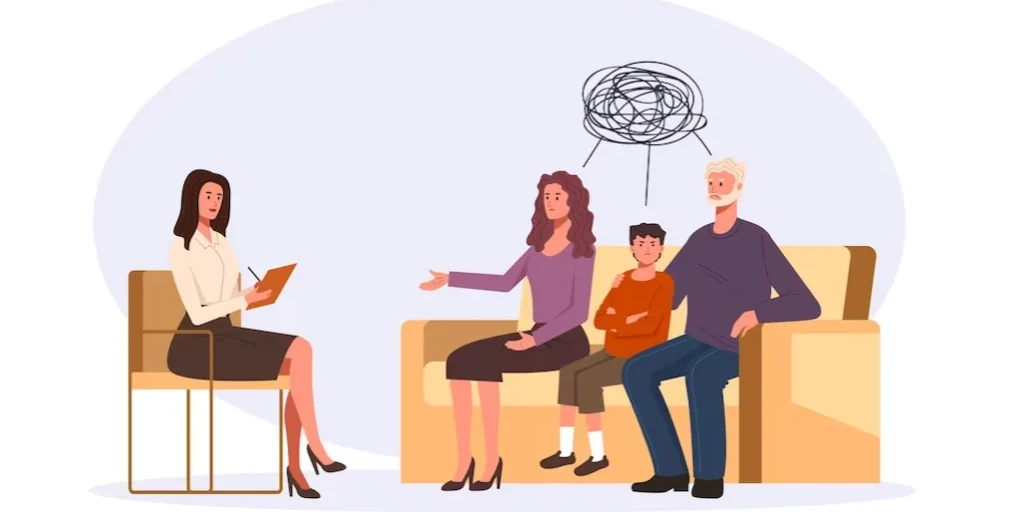offers specialized rehabilitation facilities designed to support those struggling with Ativan dependency and related confounding issues. Ativan, a benzodiazepine frequently prescribed for anxiety, insomnia, and seizures, can lead to physical and psychological dependence when misused or taken for prolonged periods. These rehab centers primarily address Ativan addiction, alongside opioid use, alcohol abuse, and prescription drug dependence, establishing a supportive environment for recovery. The importance of rehab centers for Ativan Detox in the Southwest can be seen in their comprehensive treatment approaches that outline personalized care plans, which include detoxification, therapy, counseling, and holistic treatments. Over the years, these facilities have emerged as critical components in combating substance abuse across the United States, focusing on both immediate and enduring recovery outcomes. By providing sufferers with the support needed to regain control over their lives, Ativan detox rehab centers are crucial in reducing the long-term effects of addiction. Their impact in the Southwest, specifically, is notable as they cater to a demographic that might otherwise lack access to crucial detox services.
Learn more about Ativan Detox centers in Southwest







































































